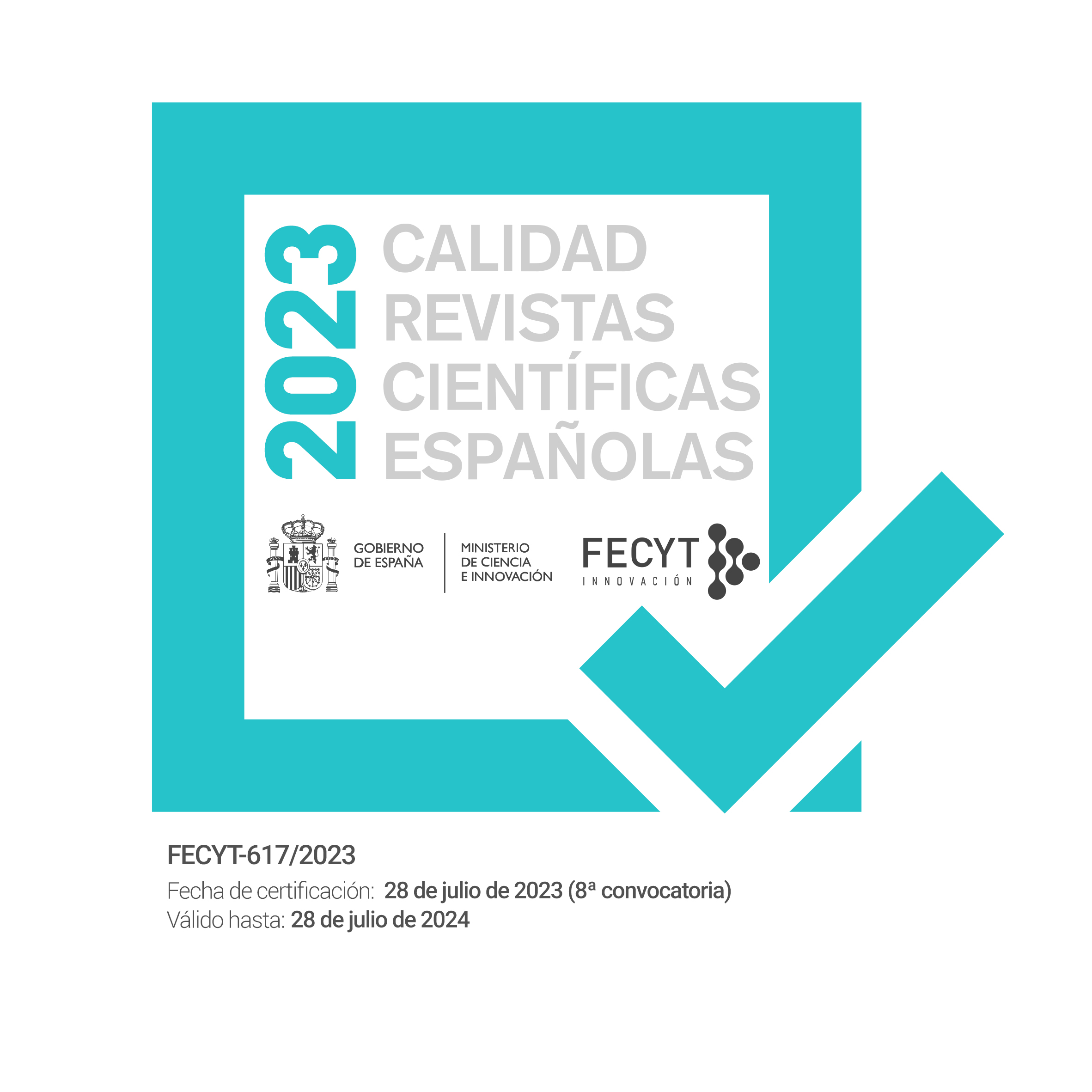Reading the Languages of PISA Critically: An analysis through the ‘Immigrant’
Abstract
This article is an invitation to notice. Reading the languages of PISA critically allows one to
understand to a certain extent the reasons that fund the standardized measurements efforts. The
article first of all points out the languages of comparison, development and equity, and numbers
that PISA employs to justify its project. Secondly it engages with a particular case where PISA is
both understood as celebratory gesture to include the “migrant,” and the shortcomings of the test
to provide answers for how to appropriately solve the problem of exclusion. Thirdly a reading of
test questions is offered where the languages of PISA are highlighted mainly that of equity and
development. Finally and by way of conclusion the migrant is discussed not as a minoritized object
but as a trigger for different kinds of relations in/with the world of education.














